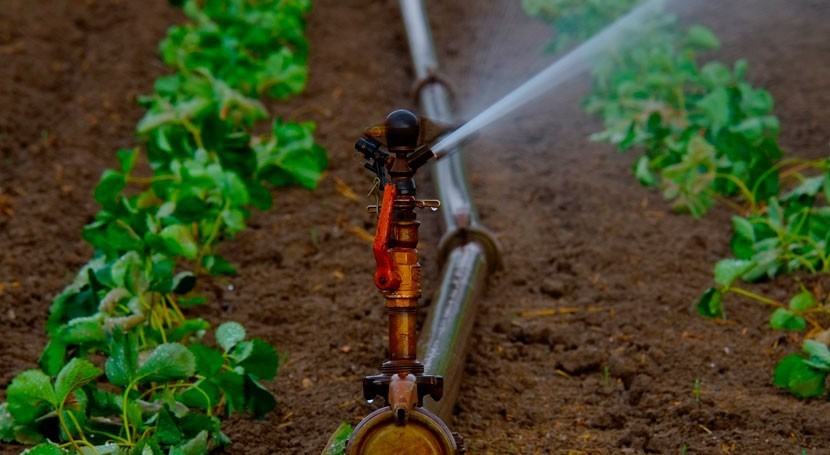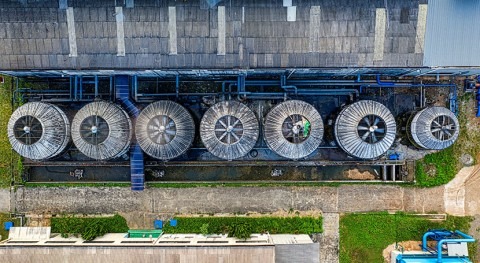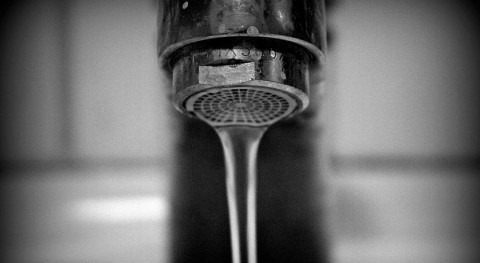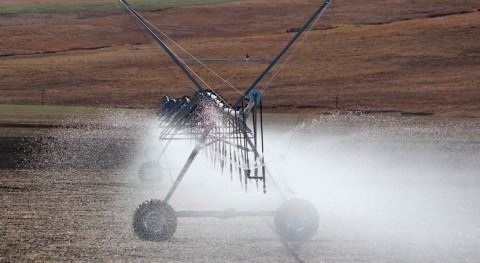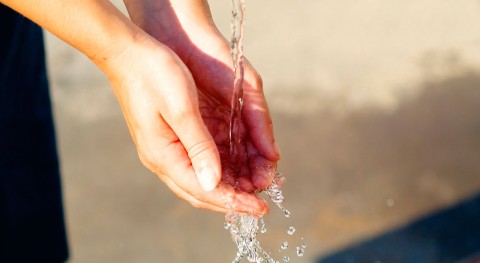The EU is taking new measures to reduce the risk of shortages of water for irrigating crops. The Council today agreed its position (general approach) on a regulation which facilitates the use of urban waste water for agricultural irrigation.
These new rules will help Europe adapt to the consequences of climate change. The regulation, which is fully in line with the circular economy, will improve the availability of water and encourage its efficient use. Ensuring that enough water is available for the irrigation of fields, in particular during heatwaves and severe droughts, can help prevent crop shortfall and food shortage.
"Water is a precious resource. Today is an important step in putting in place new rules which will enable us to reclaim water in a way which is safe for humans and animals, and good for the environment. It makes sense to set harmonised minimum standards for reclaimed water quality and for compliance monitoring so that our farmers can use reclaimed water. Part of this is about learning from the experience of some member states which have been successfully reusing water for decades," said Ioan Deneș, Minister of Waters and Forests.
Several member states have a long and successful experience in reusing water for different purposes, including for agricultural irrigation. Such reuse is better for the environment than alternative water supply methods such as water transfers or desalination. The proposed new rules will be particularly useful in regions where the demand for water still exceeds supply, despite preventive measures to lower demand. The existing EU rules on the hygiene of foodstuffs continue to apply and are fully respected.
In its position, the Council gives member states flexibility to decide whether they would like to use such water resources for irrigation, given that the geographic and climatic conditions vary greatly across member states. A member state may decide that it is not appropriate to use reclaimed water for agricultural irrigation in part or all of its territory.
The proposal contains strict requirements for the quality of reclaimed water and its monitoring to ensure that human and animal health as well as the environment are protected.
Member states want to ensure that the requirements set out in this regulation continue to be based on the latest available scientific evidence. They therefore included a clause which obliges the Commission to assess the need to review the minimum requirements of the reclaimed water quality, based on the results of an evaluation of the implementation of this regulation or whenever new technical and scientific knowledge so requires.
Background and next steps
The European Commission adopted the proposal for a regulation on minimum requirements for water reuse on 28 May 2018 as part of delivering on the circular economy action plan. The European Parliament adopted its position on the proposal on 12 February 2019.
The general approach reached today constitutes the Council's mandate for future negotiations with the European Parliament. Trilogue negotiations are expected to start under the Finnish Presidency.


